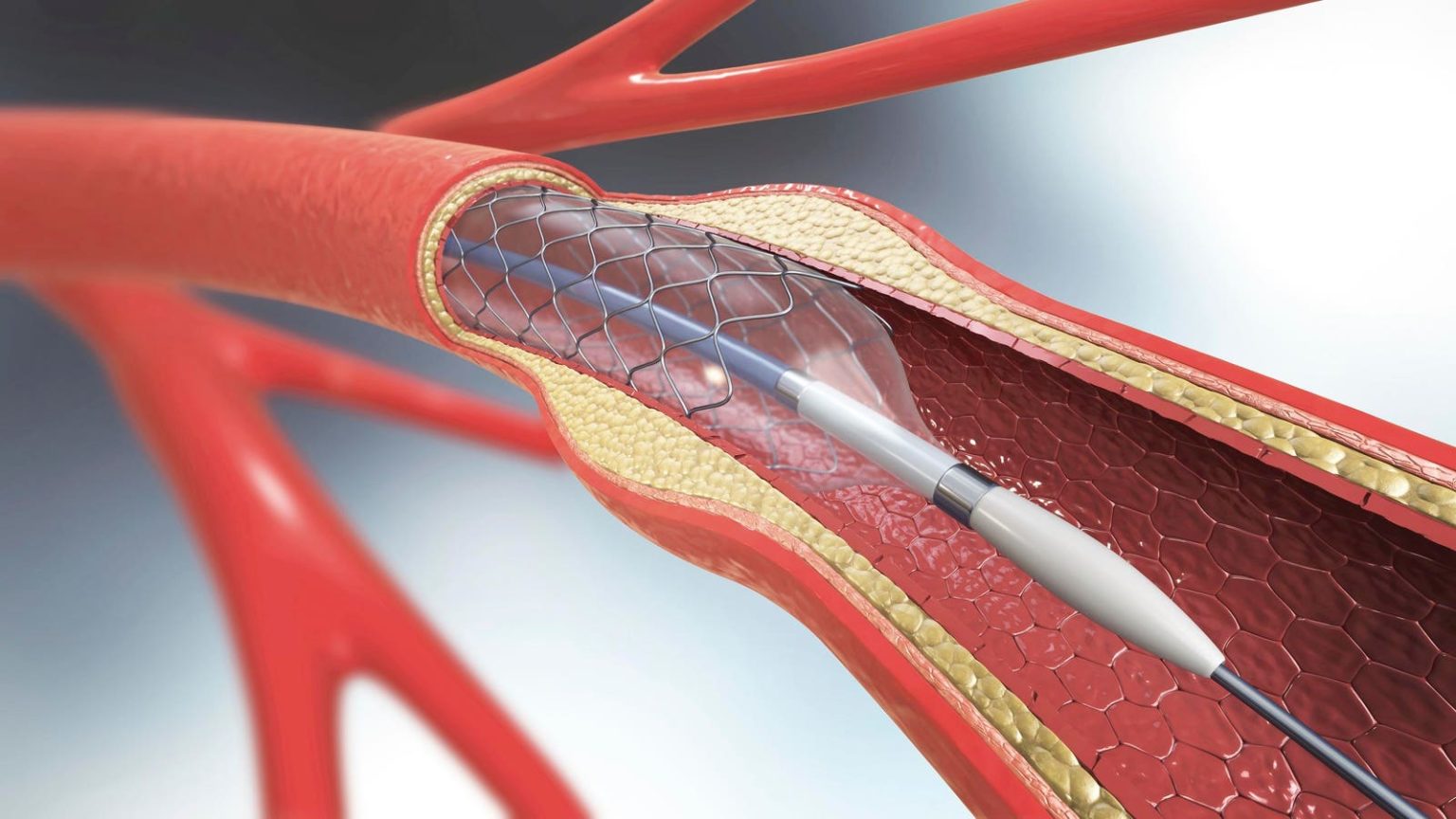Topline
A new report published Tuesday found over one in five coronary stents placed between 2019 and 2021 were unnecessary, costing Medicare $800 million a year and putting patients at risk of complications like stroke, heart attack and death.
Key Facts
An unnecessary coronary stent is inserted into a U.S. patient every seven minutes, costing Medicare upwards of $2.44 billion between 2019 and 2021, in unnecessary stent procedures, according to a report by the Lown Institute, an independent research firm.
The report looked at over 1,700 general hospitals nationwide and found more than 229,000 procedures were nonessential, estimating over 20% of stents were placed unnecessarily across the three-year period.
Northwest Texas Hospital and Riverview Regional Medical Center in Alabama were the hospitals with the highest rates of unnecessary coronary stent procedures, totaling 52.58% and 50% of their procedures, respectively.
The researchers warn of the dangers stenting can pose, as complications of stent procedures can include blood clots, abdominal bleeding, kidney damage, heart attack or even death.
Unnecessary stents may also cause financial hardships because the procedure typically costs Medicare $10,615, with the patient paying $1,600 out-of-pocket, according to the report.
Patients with private insurance may pay more: Cardiac procedures cost private insurance companies on average more than $20,000, according to a 2022 study published in JAMA Internal Network.
Crucial Quote
“The overuse of stents is incredibly wasteful and puts hundreds of thousands of patients in harm’s way,” Vikas Saini, a cardiologist and president of the Lown Institute said in a statement.
Key Background
A coronary stent is a small mesh tube inserted in the body to open up weak or narrow arteries or other passages, according to the National Heart, Lung and Blood Institute. They restore blood flow to the heart without the use of open-heart surgery and help elevate chest pain. The procedure isn’t considered a major surgery because it’s minimally invasive, but patients may be prescribed antiplatelet medication like aspirin to prevent blood clots. Stents were found to have no better effect at treating heart disease than medication, according to a 2019 study by Stanford School of Medicine and New York University. There was no difference in rates of death or heart failure hospitalization among patients with coronary artery disease who received medication and those who got a stent, a separate 2022 study found. All participants with severe coronary disease in a 2018 study were given medication while some received stents. Six weeks later, cardiologists were unable to tell which participants had stents even after testing because results of the placebo and stent groups were the same.
Surprising Fact
Texas was the state with the most coronary stent overuse. The state had three hospitals among the top 10 states with the highest rates of stent overuse.
Avoiding Overuse: Coronary Stents (Lown Institute)
Read the full article here





